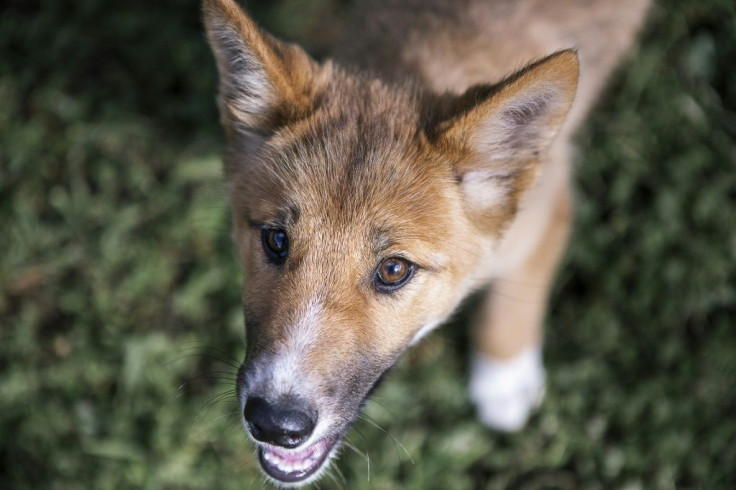Child Attacked By Dingo At Fraser Island Beach In Australia
KEY POINTS
- The child and his father were walking past a group of dingoes relaxing on the sand
- One of the pups walked toward the child
- When the child stumbled and fell over, the animals advanced on him
A 9-year-old boy was attacked by a dingo at Fraser Island in Queensland, Australia, on Thursday. Although the boy did not suffer major injuries, residents of the island are now worried that the animal involved will be culled.
The incident happened at Orchid Beach, a popular beach on the island, around 9:20 a.m. (6:20 a.m. Wednesday ET), reported The Sydney Morning Herald.
According to Fraser Island's duty paramedic, the child was with his father, walking past a group of dingoes relaxing on the sand, when the incident took place.
"One of the pups started walking towards the child. As the child turned around, he stumbled in the sand and fell over. The animals then advanced on the child. It was then scared away from the child's father," the paramedic said.
The child, who sustained minor injuries, was given first aid by an off-duty registered nurse. He and his parents would spend the rest of their day on the island before leaving for New South Wales, where they are from, the paramedic said.
Dingoes are wild dogs found in Australia. They possess lean hardy bodies and are known for their speed, agility and stamina.
Cheryl Bryant, a spokesperson from Save Fraser Island Dingoes, said the public has been aware of the presence of dingoes at Orchid Beach. She appealed to everyone to refrain from approaching and feeding the animals.
According to a report from Brisbane Times, businesses on Fraser Island just reopened last December after a two-month closure due to a bushfire that destroyed more than 87,000 hectares of the island and killed wildlife. Assessments are still being conducted to find out how many dingoes remain on the island.
"These pups have been traumatised going through bushfires," Bryant said. She also expressed her concern for the dingo involved in the incident, hoping that it would not be culled.
The Queensland Department of Environment explained that feeding and interacting with the dingoes may lead to their habituation, which may have consequences.
"Wongari that lose their natural wariness of people and become habituated may become aggressive while seeking food," the department said in a statement.
Just last month, authorities resorted to a temporary closure of four camping sites after people continued to interact with the animals, said a report by 7News.
In an interview dated Jan. 22, Ranger-in-charge Linda Behrendoff called out tourists who displayed "dangerous and foolish" behavior by interacting with the dingoes.






















